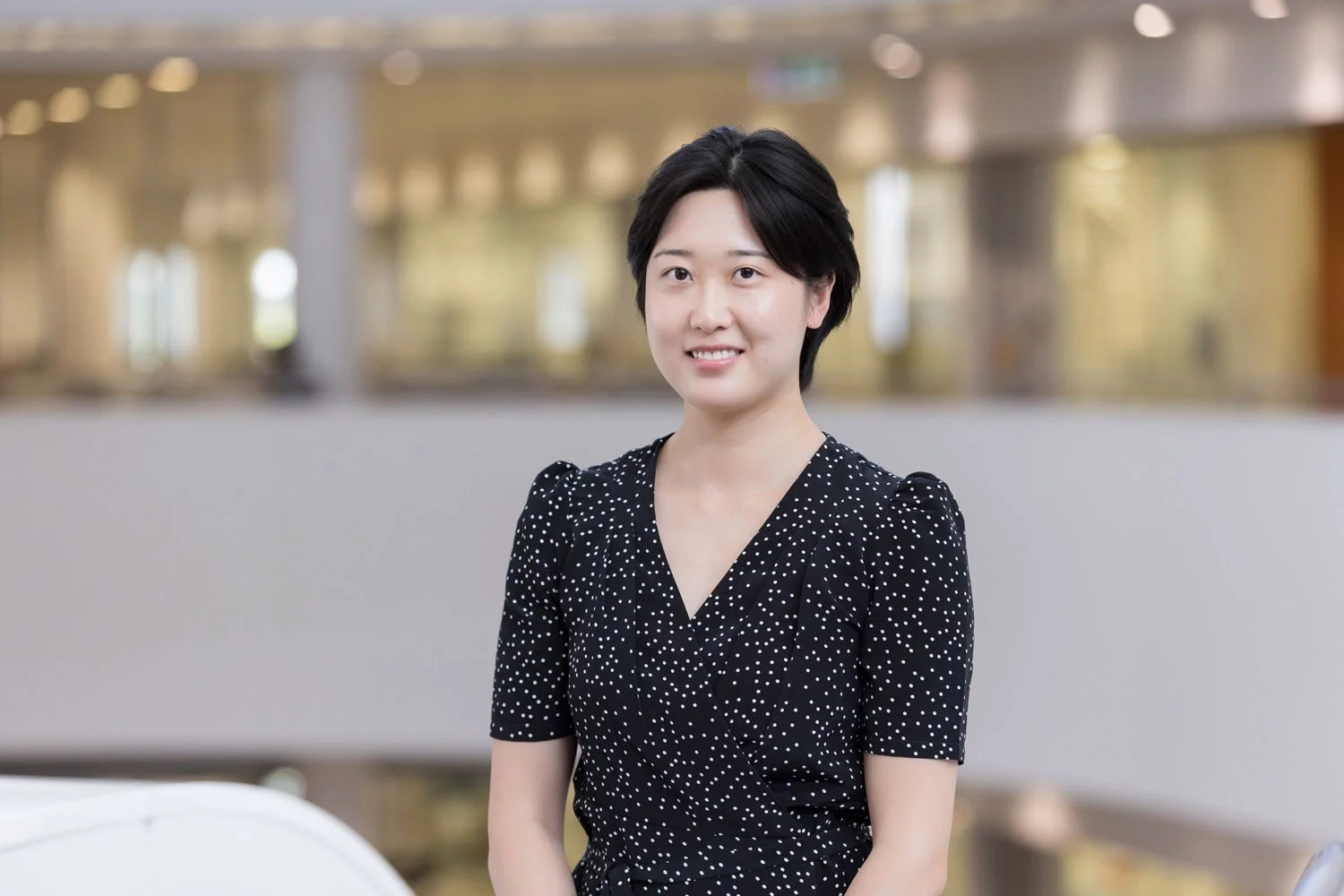
Dr Xinyu (Catherine) Bai
Postdoctoral Researcher
Dr Xinyu (Catherine) Bai is an immuno-oncology researcher and recent MIA PhD graduate based at MPTRG (Charles Perkins Centre). Her work dissects how tumour–immune ecosystems shape response and resistance to checkpoint inhibitors. Her research focuses on (i) local and systemic determinants of therapy response, (ii) spatial and temporal characterisation of human tissues, and (iii) integrative single-cell and spatial bioinformatics. Methodologically, she combines imaging-based spatial proteomics (PhenoCycler-Fusion/mIF/IHC), single-cell and CITE-seq transcriptomics, and bulk genomic/transcriptomic profiling with bespoke computational pipelines for phenotyping, neighbourhood/ecotype inference, ligand–receptor mapping, trajectory analysis, deconvolution, and clinical association testing. Across three melanoma cohorts—adolescents/young adults, heterogeneous resistance states, and in-transit metastases—her studies have revealed immune-resistant TME subtypes, stromal T-cell “spatiotypes” that stratify immunotherapy outcomes, and endothelial–immune circuit failures that accompany progression.
Dr Bai’s publication record spans first-/co-first-author work in Nature Communications (2024) and Cell Reports (2024), and multi-disciplinary collaborations in Nature (2025) and Nature Medicine (2025), with additional first-author manuscripts in preparation outlining a clinical-grade spatial proteomics framework and mechanisms of angiogenic remodelling in resistant in-transit metastases. She has been supported by the Australian Research Training Program Stipend and the Melanoma Institute Australia Graduate Top-up Scholarships, with multiple travel awards (Society for Melanoma Research; Sydney Cancer Partners/Cancer Institute NSW), and has received best oral presentation prizes at national ECR forums.
Dr Bai’s expertise extends to experimental workflows (FFPE/fresh tissue nucleic acid/protein extraction; whole-transcriptome/genome sequencing; spatial staining) and to teaching and mentoring within the Faculty of Medicine and Health (senior undergraduate immunology laboratories; mentorship for PhD and Honours candidates). She contributes to research community building through service on the Charles Perkins Centre Single Cell & Spatial Biology Node ECR Committee and the Sydney Cancer Partners Postgraduate Working Group. Collectively, her program aims to translate high-resolution spatial multi-omics into robust biomarkers and actionable therapeutic strategies that improve patient stratification and guide rational combination therapies in melanoma.
